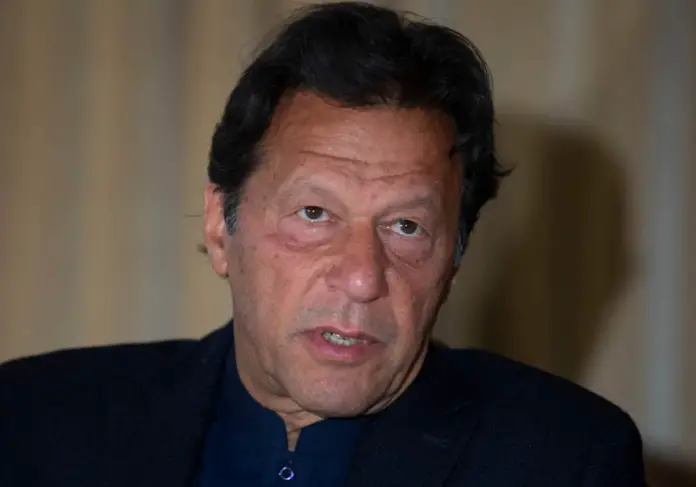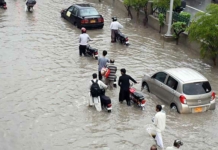The Pakistan Tehreek-i-Insaf introduced a very problematic culture in political discourse. PTI’s leading men use disgraceful language for opponents. During a time when they desperately need numbers for the no-confidence motion, they are still maintaining an aggressive attitude towards everyone, whether they are allies or disgruntled members of their party. Criticising the opponents is a norm, but name-calling and defaming each other daily is condemnable.
Senior members of PTI, who happened to be ministers, are addressing the opponents with sneering remarks. And it is not merely confined to the key players of PTI; Prime Minister Imran Khan himself is issuing such ridiculing remarks to his rivals. Addressing a crowd in Kamalia on Friday, PM Khan referred to his opponents as “Cherry Blossom” and “Diesel”, once again. Previously he had called them “rats”, and in response to this, PPP Chairman Bilawal Bhutto-Zardari called him a “rat” too. Regarding Bilawal, Imran Khan and other members of PTI have a history of gendered slurs.
Imran Khan and his ministers frequently belittle Bilawal by using misogynist remarks for him to a point that his gender has now become a regular joke for Insafians (PTI supporters). It all started with PTI members making fun of Bilawal for his weak Urdu, to the trend of bullying Bilawal by making petty remarks, in fact, putting forth ridiculous theories about his gender and sexuality. Interior Minister Sheikh Rashid called him “two in one” multiple times. Also, he said on certain occasions that Bilawal has a “manufacturing defect”. The premier was supposed to tell his party members to avoid such labels; instead, he called the PPP stalwart “madam”.
This is the age of social media. If an influential leader like Imran Khan says something, there is a ripple effect that comes with it. Every term that a leader uses spreads like wildfire on social media which is then reflected in the content across all social media platforms. Active social media cells of political parties then begin to make related posts. Supporters of political parties cyberbully the politicians with the same terms that were used by their beloved leader. Ridiculous hashtags containing the same abusive titles become a trend on Twitter leading to embarrassment for Pakistan as a country.
Two weeks back, PML-Q senior leader Chaudhry Shujaat reminded Imran Khan that he frequently mentions Riyasat-e-Medina, so he should read how Islam preached decency. He advised the premier to be patient and decent in his rhetoric. PM Imran himself admitted that he was told by Chief of Army Staff General Qamar Javed Bajwa not to refer JUI-F leader Maulana Fazlur Rehman as “diesel”. Also, he was told not to call former premier Nawaz Sharif an absconder and a liar. But honourable prime minister justified his name-calling by saying that it is the people who gave these politicians the referred titles, not him. Maybe, he is not the one who gave the title of “diesel” to Maulana Fazl, but he is constantly using these titles for the JUI leader, making their use widespread.
One should note that there are some disgusting theories about PTI members as well. These too are offensive to be mentioned, yet we do not hear his opponents mentioning them while lambasting the government because it is against the decorum of mainstream politics.
Recently, strict action was taken against three prominent journalists for their remarks about a federal minister. And it was a rational and justified step. No one has the right to ridicule anyone on national TV. However, the scope of such laws should not be merely confined to certain anchors. It should be applied to parliamentarians too to discourage such a problematic culture of name-calling and defaming.
A public podium has sanctity that needs to be acknowledged. It needs to be handled with responsibility. It is not appropriate for a sitting prime minister to name call and give belittling titles to others. He represents a country, a culture. The premier must realise his moves are scrutinised, not only by his rivals at home but also by the media of the neighbouring country. He needs to understand that he is a role model for millions of followers. The cabinet is the representative of the country. The ministers need to be composed and calculated in their discourse. They need to carry themselves with grace.







